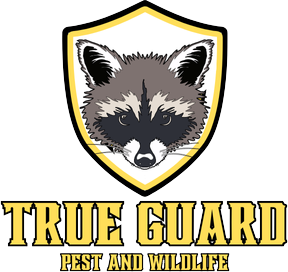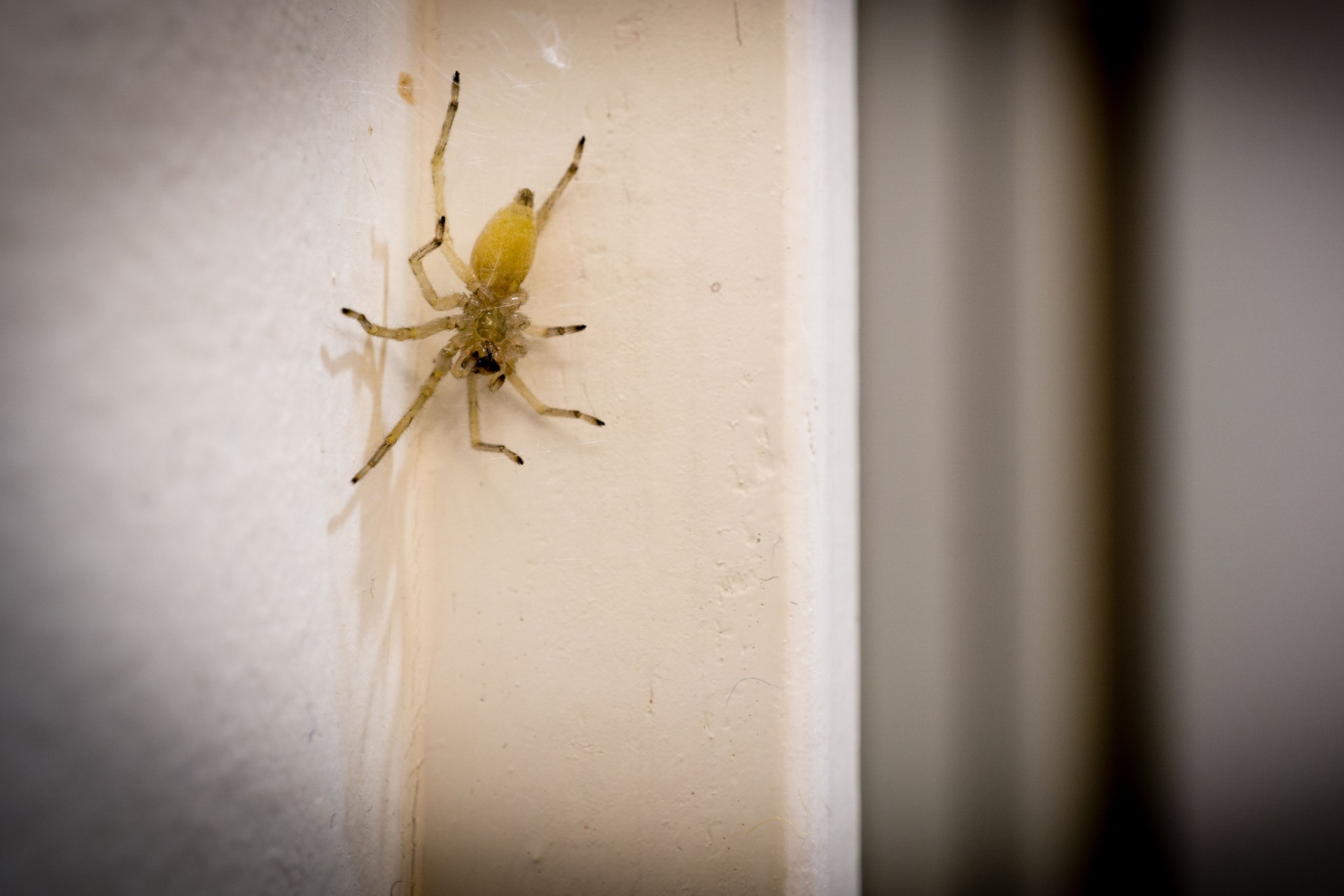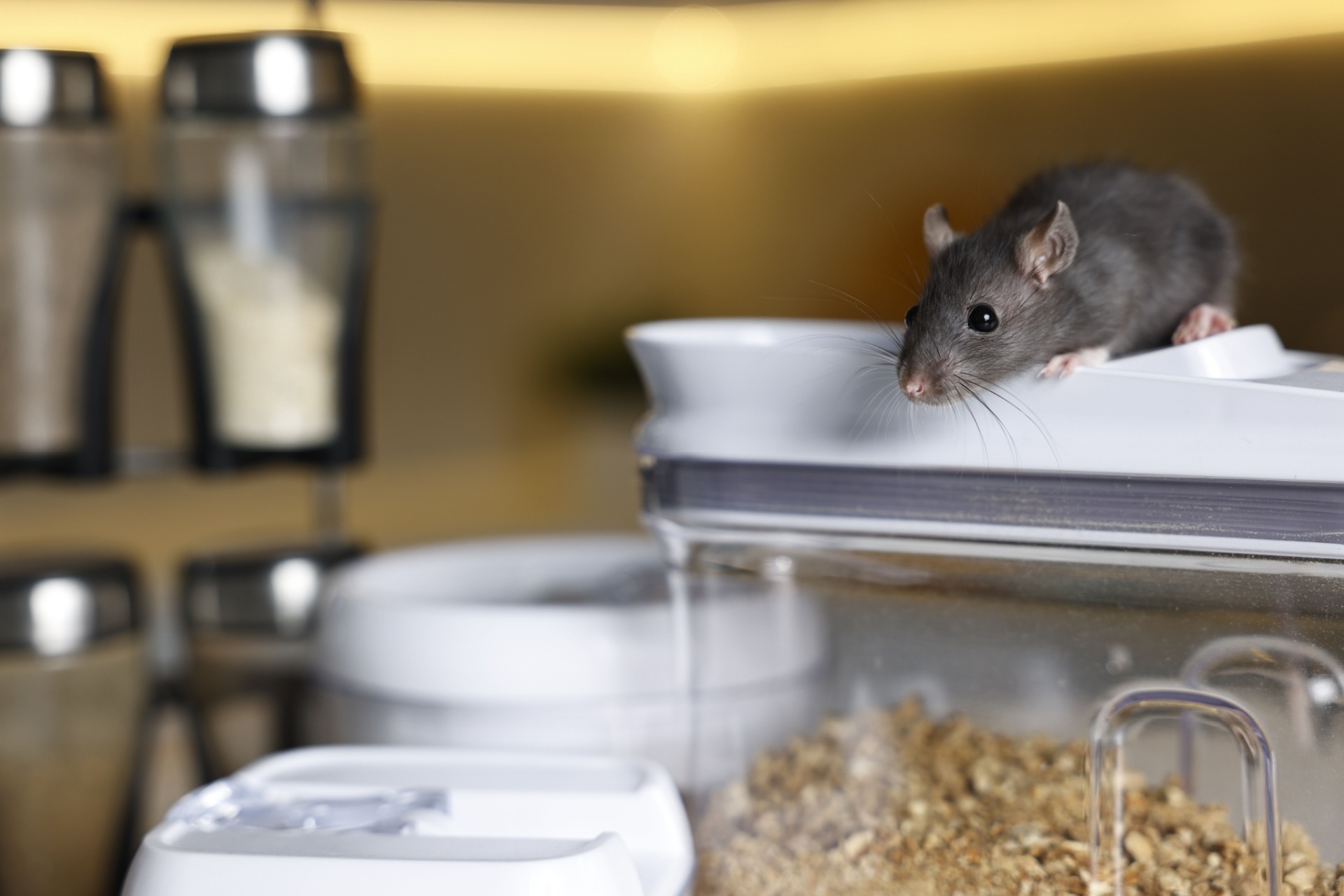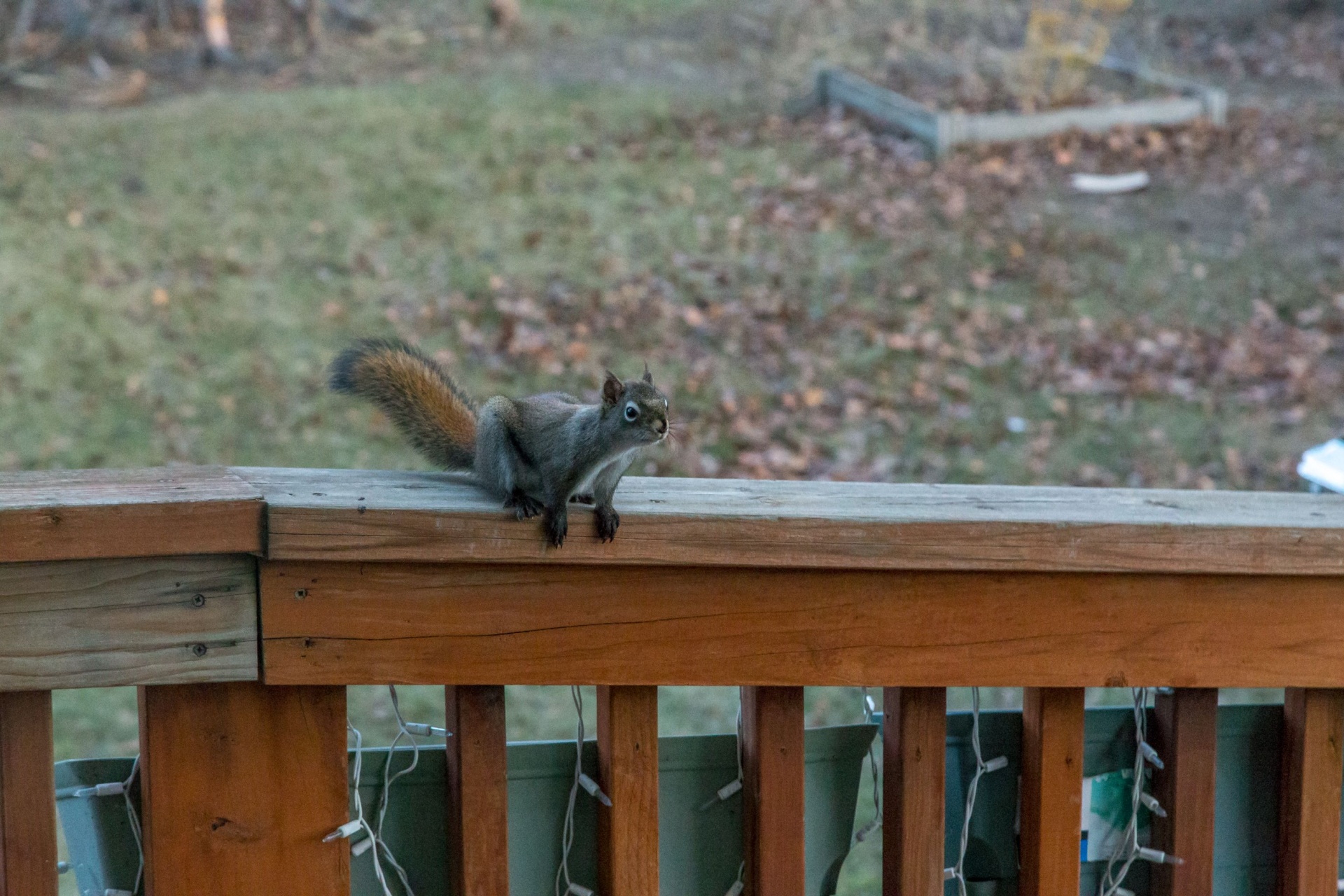Portland’s damp climate and wooded neighborhoods offer the perfect backdrop for spider activity—not just in the wild, but inside homes too. Whether it’s a web tucked behind the curtains or a sudden skitter across the bathroom floor, spiders have a way of showing up where they’re least welcome.
They slip into basements, attics, crawl spaces, and garages, often unnoticed until their numbers grow. And while most species are harmless, their presence can quickly go from occasional nuisance to full-blown frustration. If you’re tired of sharing your space with these silent squatters, it might be time to explore professional spider control in Portland OR—and to take a few smart steps to make your home less inviting in the first place.
1. Seal Entry Points
Spiders don’t need much space to sneak in. Gaps around windows, doors, vents, and utility lines are prime entryways. Start by using silicone caulk to seal cracks and crevices around your home’s foundation, siding, and trim. This simple step blocks off many of the hidden paths spiders use to enter.
Install door sweeps and weather stripping to eliminate gaps under doors and around frames. Torn screens should be repaired promptly, and window frames should be inspected for any openings. Plumbing and electrical fixtures often have small gaps that go unnoticed—seal these with foam or caulk. Attic vents can be closed off with fine mesh to prevent entry, and foundation walls should be checked for cracks that may serve as hidden pathways.
Garage doors are another common weak spot, so make sure the seals are intact. For added protection, consider placing foam gaskets behind outlet and switch plates on exterior walls to block tiny entry points. This is one of the most effective spider control methods Portland OR homeowners can implement right away.
2. Declutter and Clean Regularly
Spiders thrive in quiet, undisturbed areas, so keeping your home clean and organized is essential. Vacuuming corners, baseboards, and under furniture helps eliminate webs and egg sacs before they become a problem. Webs should be removed as soon as they appear, especially in ceiling corners and window sills.
Storage areas like closets, basements, and attics should be kept tidy, with items stored in sealed plastic bins instead of cardboard boxes, which attract pests. Behind appliances and under sinks are often overlooked zones—clean these regularly to remove food particles and moisture. Dusting window sills and ceiling corners discourages spiders from settling in.
Outdoor areas like sheds, patios, and garages should also be maintained, as clutter there can lead to indoor infestations. Don’t forget to shake out blankets, towels, and clothing that have been stored in dark places, as spiders often hide in folded fabric.
3. Reduce Outdoor Attractants
Spiders often enter homes from nearby vegetation or outdoor structures, so managing your exterior environment is key. Trim shrubs and tree branches so they don’t touch your home, as these act as bridges for pests. Keep woodpiles and compost bins well away from the house, and store firewood off the ground to reduce moisture and hiding spots.
Outdoor lighting attracts insects, which in turn attract spiders—consider turning off unnecessary lights at night or switching to yellow bug-repellent bulbs. Clean gutters regularly to prevent leaf buildup, which creates damp conditions spiders love.
Remove unused planters, pots, and garden décor that collect moisture and provide shelter. By creating a clean, dry perimeter around your home, you reduce the chances of spiders migrating indoors.
4. Use Natural Deterrents
If you prefer eco-friendly solutions, natural deterrents can help repel spiders without harming them. A popular method is spraying peppermint oil diluted with water around baseboards, windows, and door frames—spiders dislike the strong scent. A vinegar and water solution works similarly and can be used on hard surfaces throughout the home.
Placing citrus peels near entry points adds another layer of defense, as spiders tend to avoid citrus oils. Cedar blocks in closets and storage areas not only smell pleasant but also act as a natural repellent. Diatomaceous earth, a fine powder made from fossilized algae, can be sprinkled around foundations and crawl space entrances to deter crawling insects and spiders.
For indoor ambiance and added protection, diffusing eucalyptus oil in living spaces can help keep spiders at bay while freshening the air. These DIY spider control Portland methods are safe, eco-friendly, and effective when used consistently.
5. Invest in Year-Round Pest Prevention
Spiders often follow the food source—insects. Keeping your home insect-free is one of the most effective spider control methods Portland OR homeowners can implement. Begin by scheduling seasonal pest inspections to catch issues early. Treating for ants, flies, and other spider prey reduces the food supply that attracts them.
Maintaining a clean kitchen is crucial—dispose of food waste promptly, wipe down counters, and avoid leaving dirty dishes overnight. Insect traps can be placed in problem areas like basements and pantries to monitor activity. Pet food should be stored in sealed containers, and feeding areas cleaned regularly.
Moisture control is also vital—fix leaky faucets and eliminate standing water sources that attract bugs and, by extension, spiders. These proactive steps form the foundation of pest prevention for Portland homes.
6. Monitor and Maintain Crawl Spaces
Crawl spaces are often overlooked but can be prime real estate for spiders and other pests. Installing vapor barriers helps reduce moisture, which is a major attractant. Ensure crawl spaces are well-ventilated to prevent damp conditions and mold growth.
Remove debris, old insulation, and any materials that could serve as nesting grounds. Seal gaps around crawl space access doors with weatherproofing materials to block entry. Periodic inspections for pest activity are essential, especially during seasonal changes.
Using pest-resistant insulation materials can further discourage infestations. Lastly, make sure your home’s foundation has proper drainage to prevent water accumulation near crawl spaces. This is a crucial step in home pest proofing Portland homeowners often miss—and it can make a big difference in long-term spider prevention.
Timing Matters: When to Start Spider-Proofing Your Home
Spider-proofing isn’t a one-time fix—it’s a year-round commitment. In Portland, spider activity tends to spike in late summer and early fall, when mature spiders begin seeking shelter and mates. This is often when homeowners first notice webs forming near windows, doorways, and outdoor lighting. If you wait until spiders are already inside, you’re playing catch-up.
The best time to start implementing these spider prevention tips is before the seasonal surge begins. Sealing entry points in early summer, decluttering regularly, and reducing outdoor attractants can help you stay ahead of infestations. Even natural deterrents and crawl space maintenance are more effective when done proactively.
By aligning your efforts with Portland’s seasonal patterns, you’ll get the most out of your spider control methods. Prevention works best when it’s consistent—and when it starts before spiders make themselves at home.
Putting It All Together: A Smarter Approach to Spider Prevention
Spider-proofing your Portland home isn’t about reacting to a single web or spider sighting—it’s about building a layered, long-term strategy. Each of the steps we’ve covered, from sealing entry points to maintaining crawl spaces, works best when applied consistently and with seasonal awareness. The goal isn’t just to keep spiders out today—it’s to make your home less attractive to them all year long.
Timing matters. Portland’s spider activity tends to rise in late summer and fall, so starting early gives you the upper hand. But even outside peak seasons, regular cleaning, moisture control, and pest prevention help maintain a home environment that’s less inviting to spiders and the insects they feed on.
If you ever feel like you’ve done everything right and spiders still keep showing up, that’s where True Guard Pest & Wildlife comes in. We’re here to support homeowners with expert insight, tailored solutions, and a deep understanding of local pest patterns. Portland homes deserve peace of mind. Contact True Guard Pest & Wildlife today and get the local expertise your space needs.








